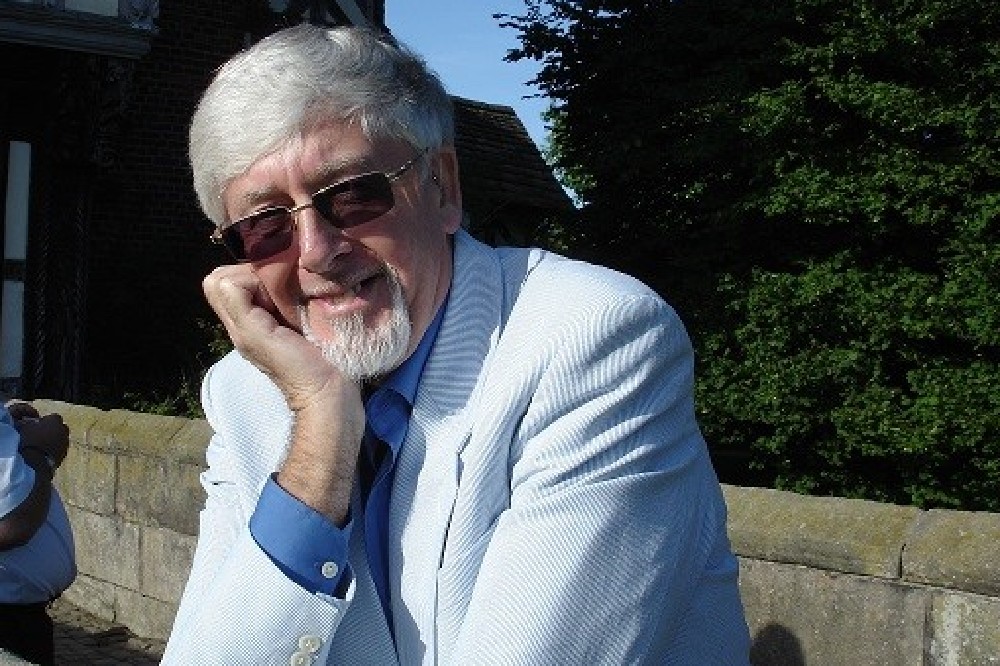If you think about it, all fiction is both ‘historical’ and autobiographical because derived, however indirectly, from its author’s accumulated knowledge of life’s experience. However, by ‘historical fiction’ we usually mean fiction whose plot and characters inhabit a world and a time prior to that we think of as ‘the present’.

Doug Thompson
In one important respect, historical fiction is like any other kind in that the writer must be able to develop both plot and character so that the relationship between the two, and indeed between characters, is entirely plausible. Historical fiction, however, imposes very precise limitations on how these two vital elements interact.
Firstly, the period in which the story is set needs to come alive, and this usually requires patient research by the author, not only into its ‘big’, distinctive features such as dynasties or wars, but also its modes of thought, and even trivial details of its everyday life. What lends conviction is often incidental reference to both the ‘big’ and the everyday as experienced – directly or indirectly by the story’s characters – as the broad, but also the intimate, context of the unfolding events of the story. One must be sure about dates, about recorded detail of momentous events, and guard against anachronism in any shape or form.
Secondly, the protagonist(s) can be fictional, or a minor or major figure from recorded history. My own preference is for the former but with a cast of other characters some of which are ‘historical’ and others pure fiction. This gives the author maximum creative flexibility in the construction of plot and relationships within it. Too close an identification with major or even minor historical characters as protagonists locks the writer into history’s recorded ‘plot’ and might well undermine creativity because of the fear of contradicting ‘history’. One should never permit history to be the story’s prime mover; if it is, then history is what you should be writing, not fiction.
But if you do opt for a ‘historical’ protagonist or even a prominent figure in your narrative, you need to balance known ‘facts’ against what your plot requires. In this respect, a minor figure from history would be easier to manipulate than a major one, but in either case, you must try not to let the aspects of personality you invent contradict the personality historical documents have left us. A kind, gentle, philanthropic Hitler would strain the suspension of disbelief beyond breaking point!
Regardless of the above provisos, your characters must be recognisably people of their time and not our contemporaries in fancy dress. They must also be on a ‘mission’ that is commensurate with the possibilities of their time – otherwise, why go to the trouble of setting them in it? And finally, I think that the best historical fiction always has implications for our own times, rooted in the humanity of the characters and the problems they face.

Doug Thompson
(Author of A Time for Role Call (Troubador, Leicester, November 2017; 348pp), a novel set in Italy during the Second World War).

